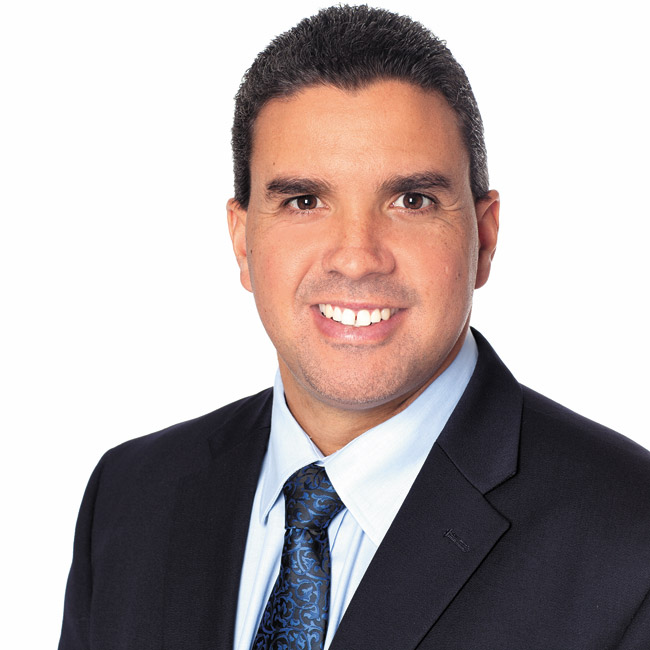Politics Flows In Anderson’s Veins
First District congressional candidate Ikaika Anderson may have the best bloodlines in Hawaii politics.
For two decades, Uncle D.G. “Andy” Anderson, a state senator and businessman, offered Republicans their best hope of higher office. Uncle Andy offered straight talk, a winning smile and a handsome profile besides.
Close your eyes, listen to nephew Ikaika, and you’ll hear the same timbre that marked Uncle Andy’s speech.
Then there’s Grandpa Whitney Anderson, with whom the relationship goes far beyond voice tones. Ikaika’s mother, Kim, and his father didn’t marry. Ikaika was hanai’d to Grandpa Whitney and Grandma Hannie. They raised him, fed him, guided and loved him. And Grandpa provided him with his political model.
“He took me with him to the Capitol when I was a kid and introduced me to people: Joe Souki, Calvin Say, Bobby Bunda, Aunty Ann Kobayashi. I was working at the Legislature during his last term in the Senate and living on the same property in Waimanalo, where my wife, Lisa, and I built our home.
“We ate breakfast and lunch together, and I saw how he related to people. He encouraged everyone to call him by his first name, and everybody got the same treatment from him, no matter their station in life, from the governor to the guy who took out the garbage.”
The Andersons are part Hawaiian, and grandson Ikaika attended Kamehameha Schools, where he paddled and played volleyball. He went on to University of Hawaii, majored in political science and journalism, and in 2002, while still in college, ran as a Democrat for the state House of Representatives from the 51st District.
He lost. In 2008, he lost again in a second bid for the seat. Between campaigns, Anderson remained involved in politics, working in the state Senate Minority office, as a budget analyst for the House Finance Committee, and as a staffer for City Councilwoman Barbara Marshall.
“I’ve always loved the people part of politics, listening to their stories, trying to figure out how to help them,” says Anderson. “But I wasn’t always in love with policy. Barbara taught me the importance of doing your homework, checking your facts and doing your own research. She was tough, but I came to enjoy research.”
Marshall died in February 2009; two months later, Anderson won an 11-candidate special election to fill out the remainder of her term. He took 49 percent of the vote. In 2012, he garnered 63 percent in winning a four-year term of his own. He’s not required to give up his council seat to run for the United States Congress.
Like almost everyone everywhere who’s running for Congress next year, Anderson sees himself as just the kind of “consensus builder” gridlocked Washington needs.
“The House of Representatives has enough extremists,” he says. “Two hundred on the right, 200 on the left. It needs people who will work both sides of the aisle, representatives of all the people, not representatives of their own personal beliefs.”
Anderson cites first-term U.S. Rep. Tulsi Gabbard as a model: “Look at the headway she’s made, the leadership she’s shown in just eight months in Washington. Tulsi needs an able partner from the 1st Congressional District.”
Anderson defines himself as a liberal on social issues: “I support same-sex marriage and a woman’s right to choose.” But he’s loath to support tax hikes or fee increases “unless they’re needed and justified to the people.”






